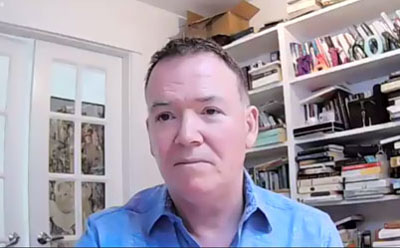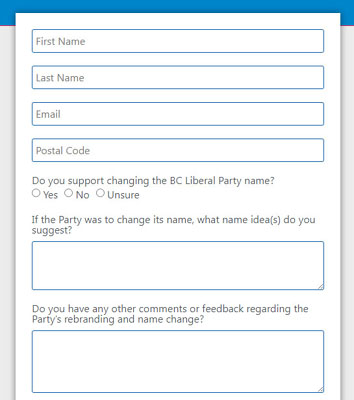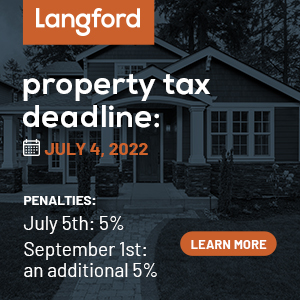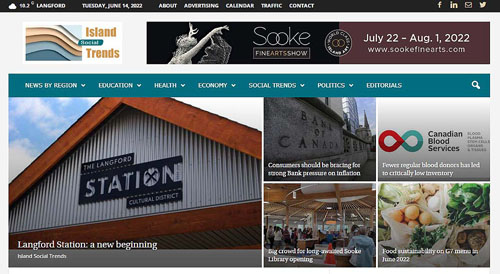Friday June 17, 2022 | VICTORIA, BC [Updated June 19, 2022]
Editorial | by Mary P Brooke, Editor | Island Social Trends
The BC Liberal party under new leader Kevin Falcon is targeting a political direction based on being private-sector based and offering a ‘big tent’ of inclusion.
Being driven by the private-sector interests is not new to the BC Liberals. The big business sector and the fervor of ambitious small businesses have been presented in the party for decades. Money-first could have easily been an accurate descriptor of the party’s leadership thrust, from 2001 to 2011 under Gordon Campbell and through Christy Clark as premier in the last six years of the 16-year tenure of the BC Liberals in government.
The big tent approach might have been imagined by party leadership in the past — thinking that everyone innately wants to ‘get ahead’ through enterprise. But realizing a true expansion of inclusion would still take some skillful marketing and genuine expansion of thought from party ways of the past.
Asked today by media if a name change for the BC Liberals is a sure thing, Falcon said no. The party will look at options, and if something clicks, they would consider it and perhaps make a change.
The party has launched an online consultation portal for members to provide their input.
Why the name change now?
But he won’t “put the party at risk” with a name change, just for the sake of change. A name change could just end up being a fresh coat of paint unless there is major reconstruction of the party ethos (a project that was bandied about during the recent BC Liberals leadership race, but would be a massive undertaking not the least of which requiring deep and steadfast political will). A leopard doesn’t change its spots.
Evidently, one of the main reasons for a name change review by the party is the apparent confusion among voters and the general populations that the current BC Liberals are directly affiliated with the federal Liberal Party of Canada. There is no affiliation. But people who aren’t intense followers of politics often do not know that.
Is the name change to step back from any association with the federal party that might be perceived as negative, or is there a true desire to rebrand the current BC Liberals with a name that better represents their goals?
Or perhaps the change is to leave behind any negative connotations with BC Liberals performance over the past six years? Or even more so from the legacy of the 16-years (2001 to 2017) that this province underwent transformation under the BC Liberals?
Some of the changes under the BC Liberals set a multi-tier collection of social and economic realities into motion — some which helped certain sectors (mostly business and the well-connected) and others which were underserved (e.g. education and schools) or even demolished other sectors (e.g. health-care workers robbed of employment benefits and some entire job levels disbanded, such as in forestry).
There were major failings — like the money-laundering in BC casinos — that the BC Liberals might be pinned with in legacy, which might be a reason to distance themselves from the current party name.
Repairing BC Liberal damage:
Much of the damage of the past 16 years to individuals, families, communities and small businesses has seen variable states of repair under the NDP Government led by Premier John Horgan since mid-2017. The broader spectrum of all that it takes to operate a stable and inclusive society has been attempted in earnest under Horgan.
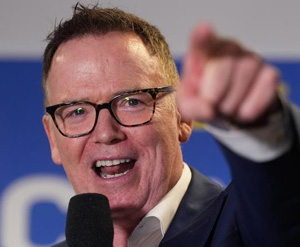
Horgan’s government has worked like the dickens since day one, given the directive by their leader to essentially treat every day as if it were the last. That momentum has rejigged the overall fabric and flavour of life, business and economy in BC. Ironically, it was the economic impact of the COVID-19 pandemic (at its height in 2020 and 2021) that helped the BC NDP fine-tune some of their low-income support programs and business grant supports in ways that will likely help many people and businesses for the short if not longer term.
Some major economic policy shifts have been successfully achieved by the NDP, indeed arguably embedded into the fabric of economic life in BC going forward. Most notably that would include the realization that child care cost support by government is not a hand-out but a smart economic move to help businesses maintain a stable workforce, and contribute to greater overall economic achievement in the province.
Name change process:
The BC Liberals name change process was approved by the party membership at their convention on June 11, 2022 in Penticton, voted on by about 75 percent of the 800 delegates of the party faithful.
At the weekend convention Falcon called the party a “made-in-B.C. free enterprise coalition”. But clearly, huge portions of the BC adult population do not actively or fruitfully take part in free enterprise, unless perhaps the jobs implied by robust enterprise are included within that definition. But there is no guarantee of employment for anyone in a capitalist system, and there is certainly no guarantee of a robust economy (challenges from inflation and global supply chain issues are emerging this year).
The party said last week it will immediately begin a wider consultation process over the coming months before holding a vote of the entire party membership before the end of the year.
Party names are registered with Elections BC. Parties registered with Elections BC can appear on a ballot, issue tax receipts, and incur election expenses. The BC Liberals (as they promote themselves) are technically listed as the British Columbia Liberal Party.
Attorney General on the name change strategy:

Attorney General David Eby told media on Friday that he thinks the BC Liberals want to change their party name as a way to step back from the public associating the party with the ICBC cash-cow fiasco (aka ‘dumpster fire’) and the BCLC money-laundering scandal. But Eby thinks the public won’t forget those disasters and which party allowed or facilitated them.
This week Eby commended journalists in BC — “you know who you are” — for bringing to light the money-laundering issue at BC casinos, and who have followed the story since.


